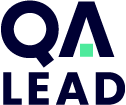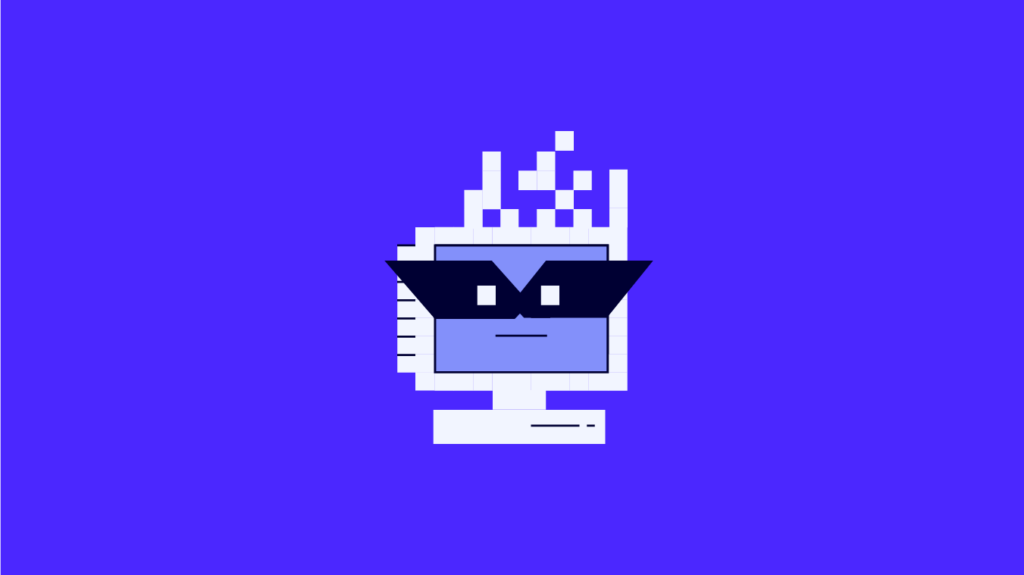Stress is a daily part of the job in any software career, and in recent years, topics around mental health, mindfulness, and burnout are taking a bigger place on the main stage when we’re discussing the world of work. No matter how stressful or difficult the situations I’ve lived through in my software career, I still believe that neurodiversity is my superpower. Accepting myself and the way I think and feel has been instrumental in getting through the toughest points of my career in QA.
For anyone who’s going through a rough patch, we’ve been there.
In this article, I drop all pretense and talk about some of the toughest points of my software career—when the stress was so bad I wanted to zone out or even give up entirely. I also highlight an experience working at a company that had a great mental health program to show that having a QA career without all of the undue mental health burdens is possible!
1. What's one of the most stressful situations you've lived through in your QA/software testing career?
For someone who has lived with mental illnesses and anxiety my entire life, doing a TED talk, livestream to millions of people across the globe (with other distinguished TED speakers such as Elon Musk, Larry Page, Stephen Hawkins, and even Pope Francis), standing on the red carpet was definitely the most self-inflicted stressful situation so far.
If we are talking about, the stressful situations as part of my day job, it has ranged from mission-critical systems (from nuclear power, smart cities to predictive crime), to less critical QA/software testing heated discussions with people like Tim Cook (CEO of Apple). Personally, the most stressful the situation the better, the adrenaline kicks in and I transform into a QA superhero (minus the cape).
I remember this one time, I had been flying non-stop for the last few months and had been asked to visit a secure government facility. I was preparing some material just in case we were allowed to take our laptop bags into the facility (which usually is a big no-no). I turned up to the secure location and was escorted down to what could only be described as a massive underground auditorium where camera crews were setting up for global broadcast of our predictive crime platform. I said jokingly that I wouldn’t be able to demonstrate anything live because I don’t have the clearance or access to the necessary systems. 5 minutes later, I have a secure connection to our visualization platform demonstrating real-time feeds and our video analytics identifying real-time threat detection and crime predictions into the future (Minority Report style). The most stressful part of that 3-hour experience was doing a live demonstration that I had never managed to do end to end before without something going wrong (tip – don’t put yourself through unnecessary stress and record demos ahead of time).
2. What do you think are the biggest causes of stress and burnout in your industry?
Travel was the biggest stress for me, personally within that calendar year I had spent over a month in the air (thanks to the British Airways app for unlocking that achievement). To maximize my time, I was spending my weekends to fly between locations. I remember this one time, when I had flowed into Silicon Valley for our leadership Big Room planning session which had been a pretty intense day, that evening I needed to jump on a plane to the east coast then up to Toronto to host an executive briefing with all the major financial service providers. My flight was slightly delayed which resulted in me having to run from the airport to the monorail, quickly change into a suite on the train (which in-turn broke down) and I found myself back on foot (all whilst receiving messaging that the 30 plus guests had now been waiting 30mins and was getting anxious and may leave (which would have been millions of dollars’ worth of business). The top tip would be around un-necessary global travel – if you want a better experience than video conferencing look at platforms like Cisco telepresence (especially with the Coronavirus).
I guess something that most QA professionals are more familiar with is the overuse of video/teleconferencing. I remember when I first joined Lehman Brothers and realized that the global economy never sleeps, everyday everyone in the team was in from 6 am until 6 pm (no breaks or lunch). Before that, I had not been reliant on caffeine, few into the project and I was totally burnt out. Typically, I would have anywhere between 10-20 meeting per day, I held an unfortunate record of hosting five conferences at the same time, mute-unmute-mute “long delay” then I would join in the discussion – my syntactic/semantic processes working overtime trying to listen and translate the other conversations that were going on at the same time as I was talking.
I remember one day when I was feeling so bad, I told my boss at the time that I needed to go home, his response was “no worries, I’ll book you into the third-floor doctors then a room on the 28th floor to sleep it off then I’ll see you back at 6:30 for our daily catch up” I would like to think since the collapse of Lehman’s that this behaviour is something in the past but technology start-ups can be the same, especially in the Valley the use of smart drugs to help promote increased output especially during the end of sprints.
3. How big of a problem do you think burnout is among QA professionals?
It is a massive problem, famous words “you can't sprint all the time” methodologies like “Agile” and “DevOps” encourage the idea of doing everything even “faster”. In a recent podcast on the QALead the term “slow down, to speed up” came up. How does a QA professional provide measurable value in the “fail-fast learn rapidly” landscape? Unless companies celebrate failure (which very few do) then each time you fail you are not helping the rest of the team velocity. The tip is in the title of the over-used “Burndown” or “Burnout” chart. The gamification of committing to a number of story points – creates unhealthy competition. You are forced to do more with less “time or resources” the unrealistic expectation that work can be delivered in two weeks sprints.
I would personally love to meet the person who decided “two-weeks” as the one size fits all across industry vertical that believe that measurable outcome can be delivered in two weeks has never worked on QA for a nuclear power plant. I’m at a peer conference in Bordeaux where a thought leader said: “I cannot believe that 16% of companies are still using waterfall methodologies”. As you may have noticed I’m an advocate for quality engineering, I believe every company needs to make a conscious decision around “quality, cost and speed”. When I started my career in the last millennium for a German engineering company, I fell in love with building high-quality products (maybe slightly over-engineered). Release cycles, of course, was considerably longer, but this week, 20 years later I’ve bumped into products that I was part of testing.
4. Where have you seen companies or teams taking action to promote mental health among QA professionals -- what has worked?
After spending the last year helping the UK Government prepare for Brexit, I was extremely impressed with the work ethics. I attended my first mandatory mindfulness course, which was extremely useful, they had mental health specialists on-site and even support groups that met weekly. It was strange getting in at 5/6 am in the morning and the entire team already been in before me (they were gone by mid-afternoon). as I love getting in early as it usually gives me time to prepare for the day and get on top of deliverables before engaging with the various teams.
Additionally, working for the NZ government was a fantastic experience as the work-life balance was much better, the pace sometimes was frustrating. Especially, after working in investment banking, but life is to short to worry about the little things. If it is not broke, don’t fix it would have been an understatement. It is hard for QA professionals not to worry, ahead of a major release of a new product, or feel responsible for any outcomes. But as in my podcast episode with Parveen sometimes you just need to “let it go, let it go” and not “be cool”.
Personally, as someone who has managed anxiety all my professional career, it has had its pitfalls and challenges, but I’ve always come out the other end stronger and in a better position to manage my anxiety better – learning more about myself each time. The industry does attract people who are on various degrees of the spectrum (which I include myself). However, most talented people I have had the opportunity to work with have suffered from mental illness, which is why I treat my mental illness as a superpower!
If you enjoyed learning from this, here's an article by an internationally renowned, award-winning software engineering consultant, author, and coach: LEADERSHIP IN TEST: MANAGING YOUR CAREER


